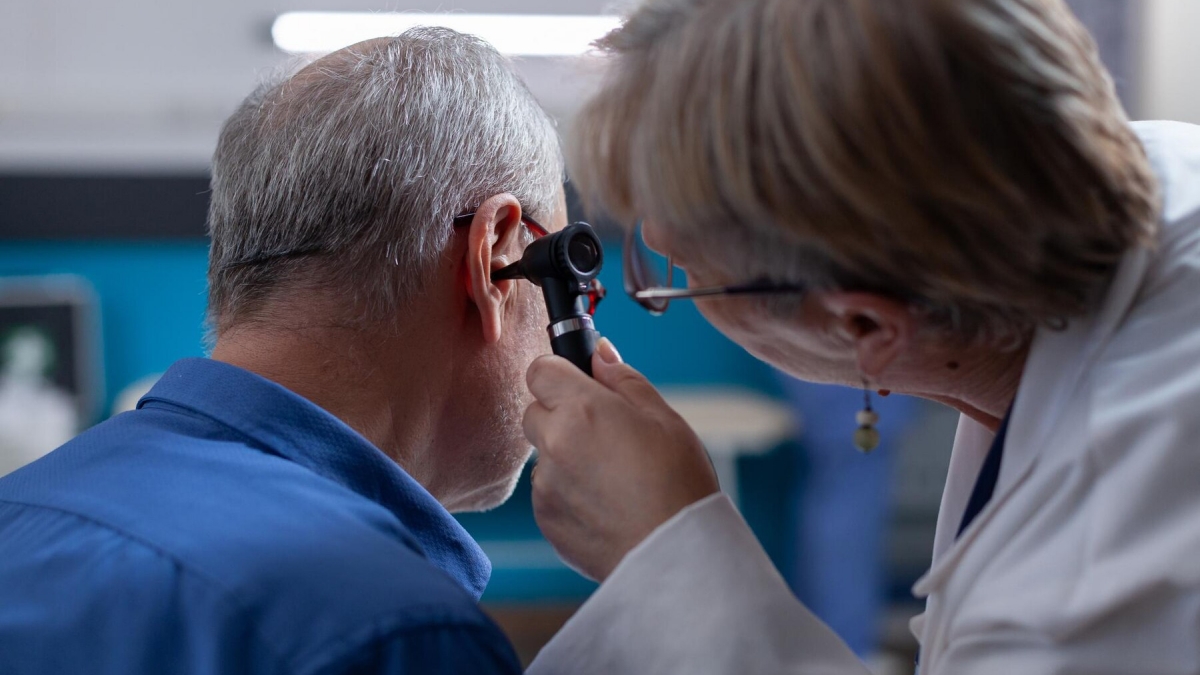Ear pain is a common yet often misunderstood symptom, affecting people of all ages. In Singapore, environmental factors such as the tropical climate, high humidity, and frequent water activities can exacerbate ear-related issues. Understanding the causes of ear pain and when to seek help from an ENT (Ear, Nose, and Throat) specialist is essential for timely treatment. This article delves into the common causes of ear pain, signs that indicate when to consult an ENT specialist.
Common Causes of Ear Pain
- Ear Infections
Ear infections are one of the most frequent causes of ear pain. These can affect different parts of the ear, leading to varying symptoms:
– Outer Ear (Otitis Externa): Often called “Swimmer’s Ear,” this infection is common in Singapore due to the warm, humid weather and the popularity of swimming.
– Middle Ear (Otitis Media): This is more common in children and typically follows a cold or sinus infection.
– Inner Ear Infections: These infections can cause severe pain, dizziness, and even hearing loss.
- Earwax Blockage
Excessive earwax buildup is another common cause of ear pain. If not properly cleaned, earwax can accumulate and block the ear canal, leading to discomfort and temporary hearing loss. Avoiding the use of cotton swabs is crucial, as they can push the wax deeper into the ear. - Barotrauma
Frequent travelers and divers in Singapore may experience ear pain due to changes in air or water pressure. Barotrauma occurs when the pressure inside the ear doesn’t equalize, leading to discomfort, pain, or even ear damage. Symptoms may include a sensation of fullness or muffled hearing. - Allergies and Sinus Issues
In Singapore, high levels of dust, pollen, and air pollution can trigger allergic reactions. These can cause sinus inflammation, leading to pressure and ear pain. Common symptoms of allergies affecting the ear include a feeling of fullness, ear discomfort, and hearing difficulties. - Temporomandibular Joint (TMJ) Disorders
Ear pain can sometimes be caused by issues with the temporomandibular joint (TMJ), which connects the jaw to the skull. TMJ disorders often result from teeth grinding, stress, or misalignment of the jaw. The pain from TMJ issues can radiate to the ear, making it feel like the ear itself is the problem. - Foreign Objects
Small objects, especially in children, can end up in the ear canal, leading to irritation, pain, or infection. If a foreign object is lodged in the ear, it is important to seek medical attention immediately to avoid further injury or infection.
When to See an ENT Specialist
While mild ear pain can often resolve on its own, certain situations warrant prompt attention from an ENT doctor. Recognizing these signs can help prevent complications and ensure proper care. You should seek medical advice if you experience:
- Persistent or worsening ear pain lasting more than 48 hours.
- Hearing loss or tinnitus (ringing in the ears).
- Fluid or pus discharge from the ear, which may indicate an infection.
- Severe dizziness, imbalance, or vertigo.
- Fever accompanying ear pain.
- A history of recurrent ear infections.
If you notice any of these signs, it’s crucial to consult an otolaryngologist, who will provide a thorough diagnosis and recommend appropriate treatments.
Advanced ENT Services in Singapore
Singapore is renowned for its excellent healthcare system, with specialists offering advanced diagnostic tools and effective treatment options. ENT clinics in Singapore such as Dr Annabelle’s will utilize cutting-edge technology to assess and treat ear conditions, ensuring accurate diagnoses and personalized care.
1. Diagnostic Services
To diagnose the root cause of ear pain, ENT specialists employ state-of-the-art diagnostic tools, such as:
- Audiometry Tests: For assessing hearing function.
- Endoscopy: To visualize the ear canal and eardrum for signs of infection or other issues.
- Imaging Studies: CT scans or MRIs may be used for more complex cases.
2. Medical Treatments
- Medication: Antibiotics, antifungal medications, or corticosteroids may be prescribed to treat infections or inflammation.
- Minimally Invasive Procedures: Techniques like endoscopic ear surgery allow for precision treatments with less discomfort and quicker recovery times.
- Hearing Rehabilitation: If hearing loss occurs, hearing aids, cochlear implants, or bone-anchored hearing devices may be recommended.
3. Management of Complex Conditions
For chronic or recurrent ear issues, such as otitis media with effusion (fluid in the middle ear) or mastoiditis (infection of the mastoid bone), the specialist will perform surgeries like tympanoplasty (eardrum repair) and mastoidectomy. These surgeries help to resolve persistent ear conditions and improve overall ear health.
4. Pediatric and Geriatric ENT Services
Children and the elderly often require specialized care for ear-related issues. Pediatric ENT services address conditions such as recurrent ear infections, while geriatric care focuses on age-related hearing loss and balance problems.
5. Earwax Removal
Professional ear cleaning is safer and more effective than at-home methods. Otolaryngologists use techniques like microsuction to remove earwax without damaging the ear canal or eardrum.
6. Surgical Interventions
For severe cases, surgical options may be necessary, such as:
- Myringotomy: A procedure to drain fluid from the middle ear.
- Tympanoplasty: To repair a perforated eardrum.
- Cochlear Implants: For patients with significant hearing loss.
Tips for Maintaining Ear Health in Singapore
Given Singapore’s unique environment, adopting preventive measures is key to maintaining good ear health. Here are some practical tips to protect your ears:
- Avoid Excessive Moisture: After swimming or bathing, keep your ears dry to prevent infections like Otitis Externa. You can use earplugs during water activities if needed.
- Practice Safe Ear Cleaning: Never insert objects like cotton swabs into the ear canal. For persistent earwax buildup, consult the doctor for safe removal.
- Manage Allergies: Take antihistamines or consult a specialist to manage allergy symptoms that can affect the ears.
- Protect Ears from Loud Noises: In noisy environments, use ear protection to avoid noise-induced hearing damage.
- Equalize Pressure During Flights or Dives: Swallowing, yawning, or using specialized earplugs can help balance ear pressure during altitude changes.
Finding the Right ENT Specialist in Singapore
Choosing the right ENT specialist is crucial for effective treatment. To find the best provider, consider these tips:
- Look for specialists experienced in treating your specific condition.
- Check patient reviews and testimonials to gauge the quality of care.
- Ensure the clinic is equipped with advanced diagnostic and treatment facilities.
- Consider the location and accessibility of the clinic.
Conclusion
Ear pain, while common, can significantly impact your daily life if left untreated. By understanding the causes, recognizing the signs that require professional attention, and taking preventive measures, you can protect your ear health in Singapore’s unique environment. If you’re experiencing persistent ear pain or discomfort, don’t hesitate to consult a specialist for a personalized diagnosis and treatment plan. With access to advanced medical services, timely intervention can help you maintain optimal ear health and well-being.

